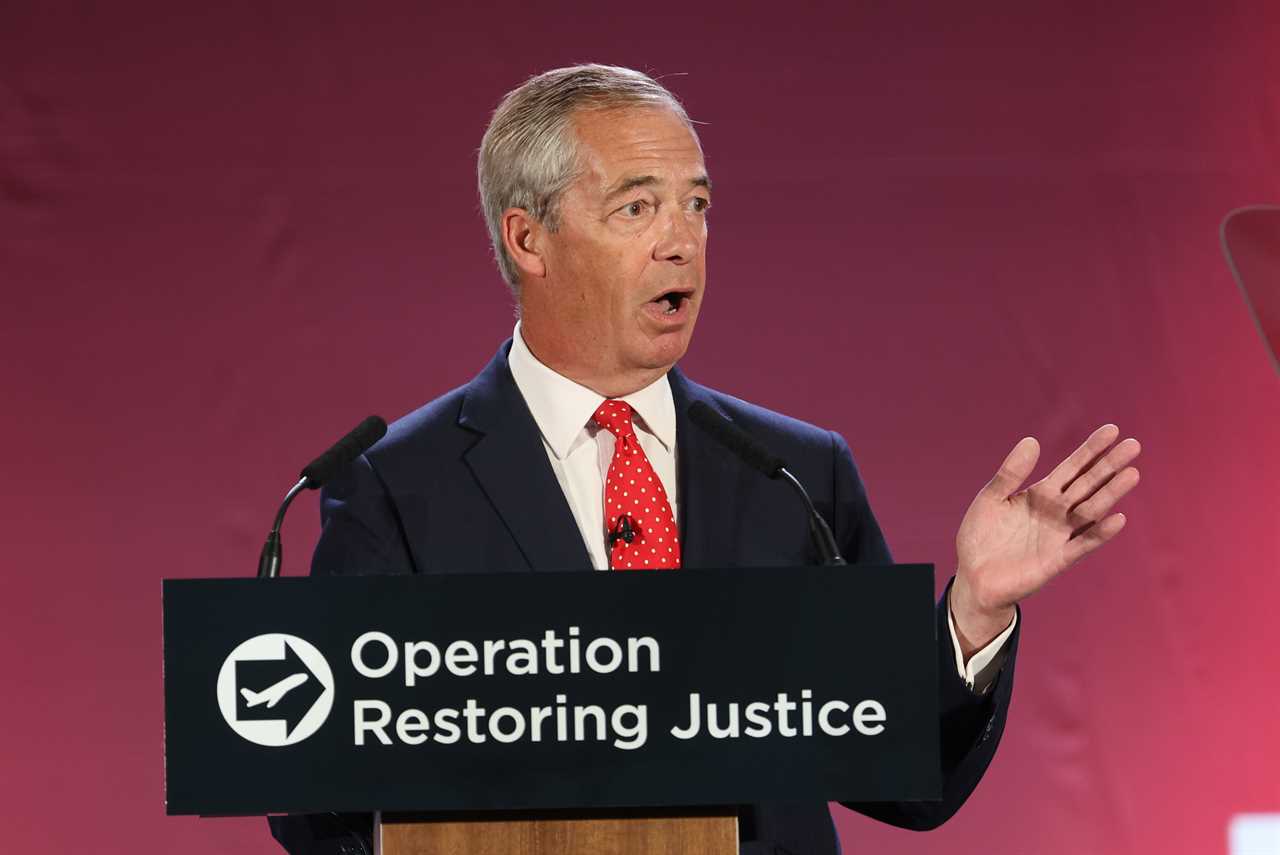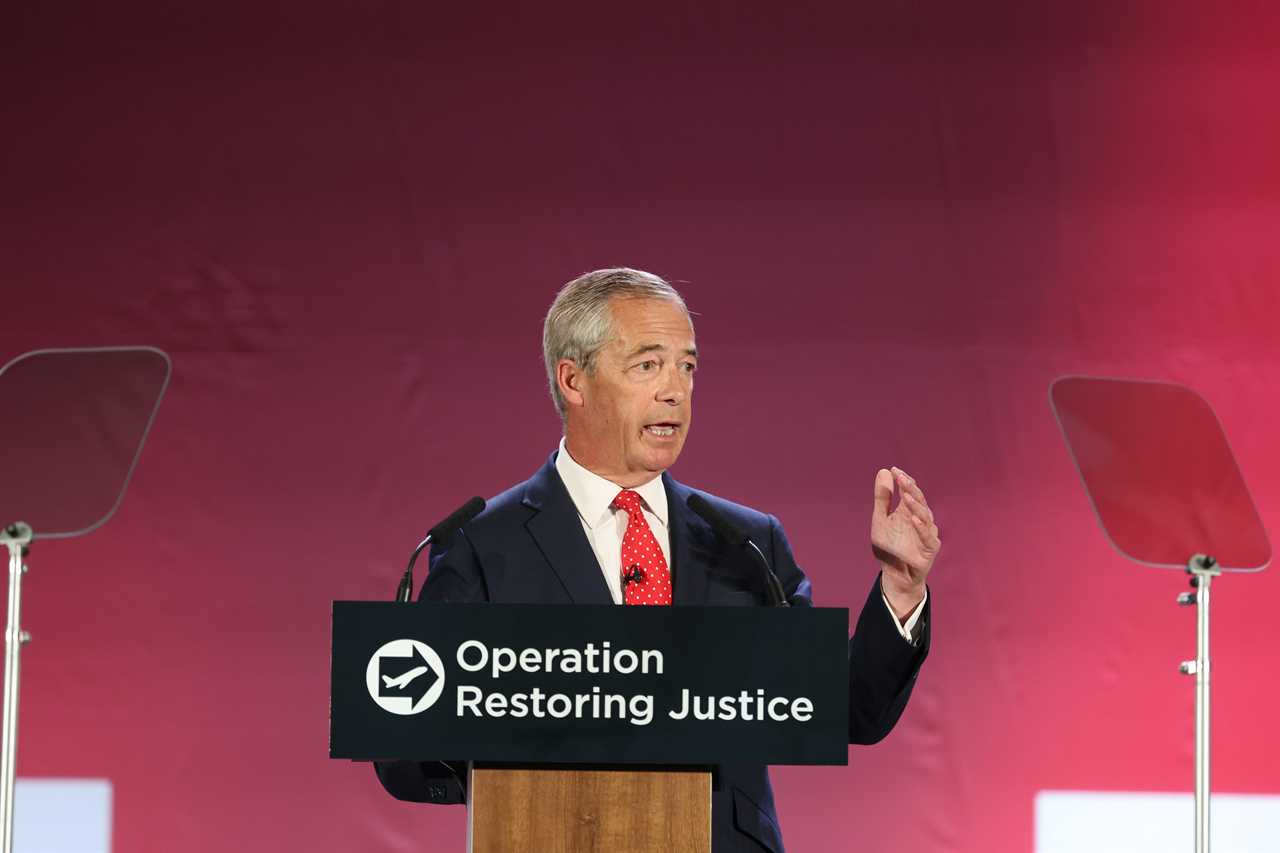
As the small boat migration issue continues to pose complex challenges, Nigel Farage asserts a resolute determination to tackle this crisis, unveiling a £2bn mass deportation plan through Reform UK. The proposed blueprint includes controversial measures such as pay-offs to countries like Afghanistan and Eritrea, the establishment of large detention centres, and a commitment to extricate Britain from the European Court of Human Rights.
Complex Dynamics of National Security and Migration
Farage's fiery rhetoric underscores the perceived threat to national security posed by the arrival of migrants via small boats, pointing to instances of individuals arrested on suspicion of terrorist activities post-entry. This narrative reflects a broader sentiment of public frustration and concern, highlighting the need for decisive action amidst growing tensions and uncertainties.
The Wider Context of International Cooperation
Reform UK's proposition to incentivize countries like Afghanistan to repatriate illegal migrants raises ethical and logistical questions. The emphasis on financial inducements as a solution underscores the delicate balance between humanitarian obligations, national interests, and global solidarity. The proposed Operation Securing Justice raises fundamental questions about the intersection of migration management, human rights, and foreign policy.
Navigating Legal and Ethical Boundaries
The pledge to withdraw from the ECHR, coupled with calls to overhaul existing legal frameworks, reflects a contentious shift towards a more isolationist and punitive approach to migration governance. Contrasting perspectives within political circles highlight the nuanced debates surrounding sovereignty, human rights, and the rule of law in the context of migration challenges.

Challenges and Opportunities for Policy Reform
The escalating demands for stricter border controls and expedited deportation processes signal a broader societal shift towards prioritizing security and deterrence. However, the implications of such measures on vulnerable populations, legal safeguards, and international relations necessitate a comprehensive examination of long-term consequences and ethical considerations.
In conclusion, the discourse surrounding the small boat crisis illuminates deep-seated tensions between security imperatives, humanitarian obligations, and legal frameworks. As political actors navigate this complex terrain, a nuanced understanding of the multifaceted nature of migration governance is essential to develop sustainable and ethical solutions that uphold fundamental rights while addressing legitimate concerns.






